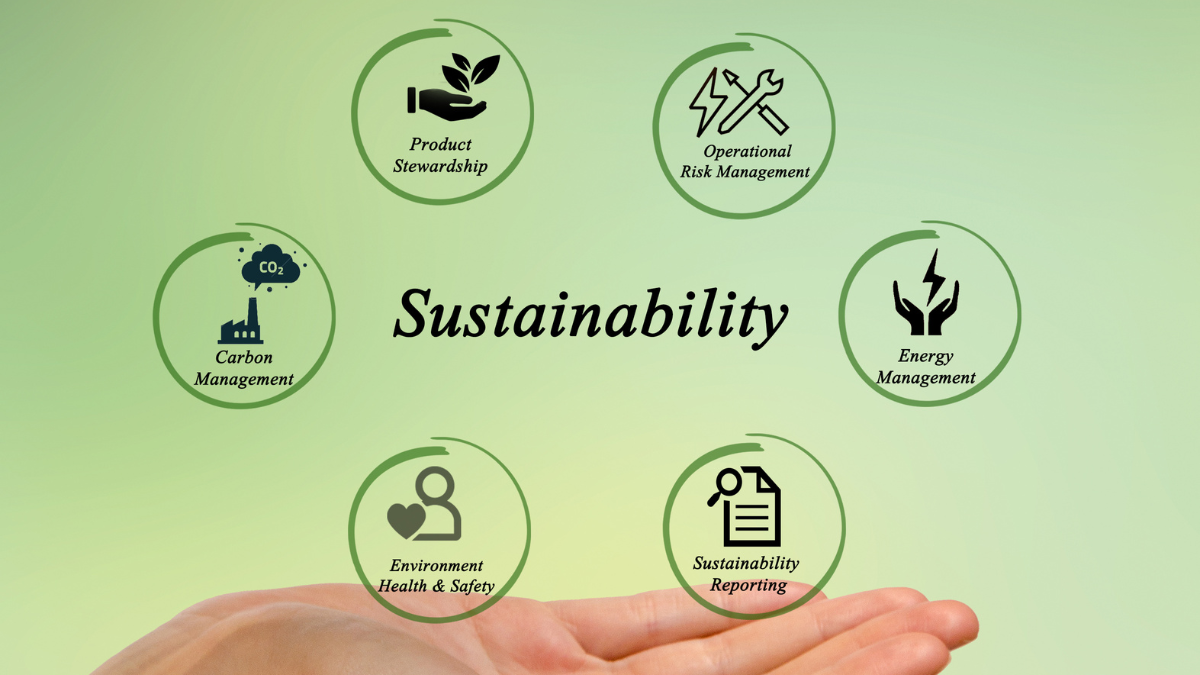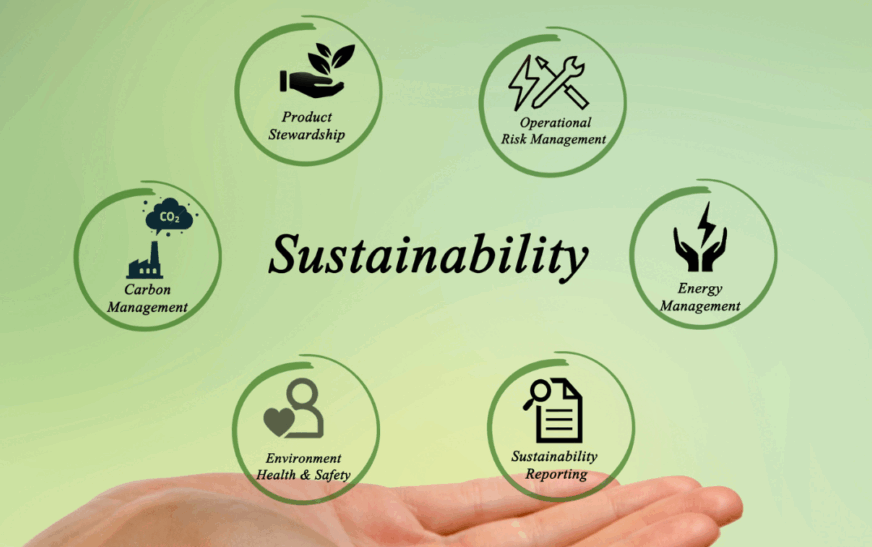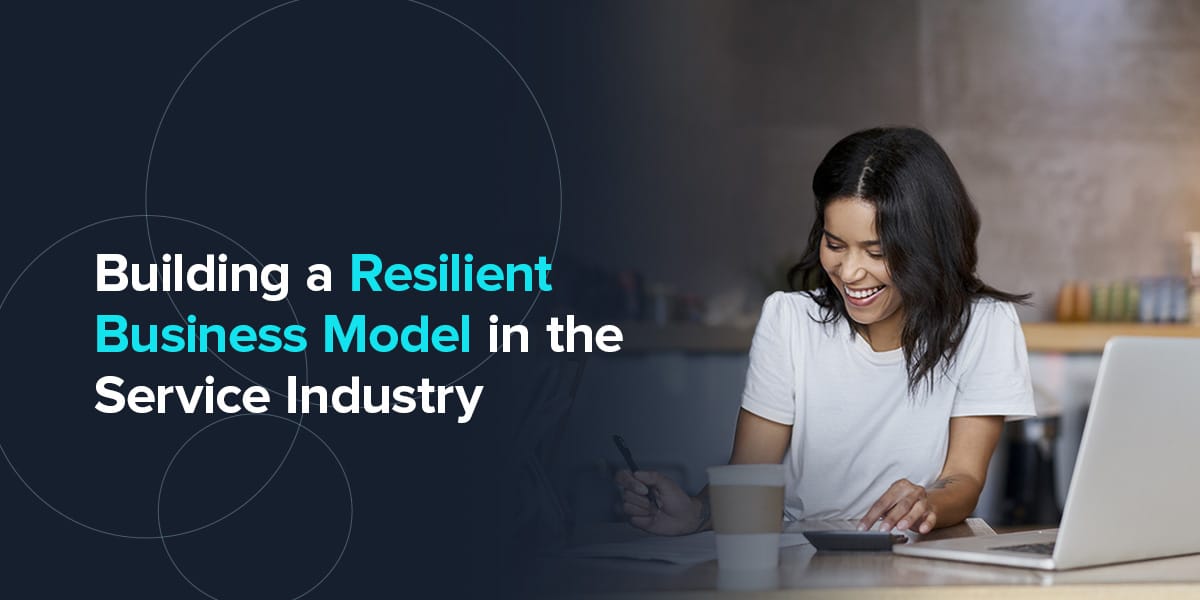Embarking on the journey of building a sustainable business in 2025 opens up a world of opportunities and challenges. As we delve into the importance of sustainability, explore strategies for development, and dive into sustainable supply chain practices, the path to success becomes clearer.
Let's navigate through the trends, technologies, and partnerships that will shape the sustainable businesses of tomorrow.
Importance of Sustainability in Business
Sustainability in business has become increasingly crucial in today's world due to the growing awareness of environmental issues and the need for responsible corporate practices. By integrating sustainability into business operations, companies can not only reduce their impact on the environment but also create long-term value for their stakeholders.
Key Trends Driving the Focus on Sustainability
- Rising consumer demand for eco-friendly products and services
- Government regulations promoting sustainable practices
- Investor pressure for companies to disclose their environmental impact
- Increased focus on corporate social responsibility
Potential Benefits of Building a Sustainable Business in 2025
- Cost savings through energy efficiency and waste reduction
- Enhanced brand reputation and customer loyalty
- Access to new markets and partnerships with like-minded organizations
- Attracting top talent and improving employee satisfaction
Strategies for Sustainable Business Development

Implementing sustainable business practices is crucial for long-term success and positive environmental impact. By adopting the right strategies, businesses can ensure their growth while contributing to a healthier planet. Let's explore some key strategies for sustainable business development.
Examples of Sustainable Business Practices
- Reducing energy consumption by implementing energy-efficient technologies and practices in operations.
- Using renewable energy sources such as solar or wind power to power facilities and reduce carbon footprint.
- Implementing waste reduction and recycling programs to minimize waste generation and promote a circular economy.
- Embracing sustainable supply chain practices by sourcing materials ethically and supporting local suppliers.
The Role of Technology in Enabling Sustainability Initiatives
Technology plays a crucial role in enabling sustainability initiatives within businesses. Through the use of innovative technologies, businesses can optimize their operations, reduce resource consumption, and track their environmental impact more effectively. For example, the use of data analytics can help businesses identify areas for improvement and optimize resource allocation, leading to more sustainable practices.
Exploring the Circular Economy
The concept of a circular economy focuses on minimizing waste and maximizing the lifespan of products and resources. By adopting circular economy principles, businesses can design products for reuse, repair, and recycling, ultimately reducing the need for raw materials and minimizing environmental impact.
Embracing a circular economy approach can lead to cost savings, enhanced brand reputation, and long-term sustainability for businesses.
Building a Sustainable Supply Chain
Building a sustainable supply chain is crucial for businesses looking to minimize their environmental impact and promote ethical practices throughout their operations.
Importance of Sustainable Sourcing and Supply Chain Management
Sustainable sourcing and supply chain management are essential for reducing carbon footprint and ensuring that products are ethically sourced. By choosing suppliers who prioritize sustainability, businesses can align their values with their supply chain practices.
Ways to Reduce Carbon Footprint and Promote Ethical Sourcing
- Implementing green logistics practices to reduce emissions from transportation.
- Auditing suppliers to ensure compliance with ethical labor practices and environmental standards.
- Using renewable energy sources in production processes to minimize carbon footprint.
- Encouraging suppliers to adopt sustainable practices through partnerships and incentives.
Benefits of Establishing Partnerships with Sustainable Suppliers
- Improved brand reputation and customer loyalty due to ethical sourcing practices.
- Reduced risk of supply chain disruptions by working with suppliers committed to sustainability.
- Cost savings in the long run by optimizing resources and reducing waste.
- Contribution to global sustainability goals and environmental conservation efforts.
Engaging Stakeholders in Sustainability Efforts
Engaging stakeholders in sustainability efforts is crucial for the long-term success of a sustainable business. This involves involving employees, communicating transparently with customers, and forming partnerships with NGOs and communities.
Strategies for Involving Employees in Sustainability Initiatives
Engaging employees in sustainability initiatives can foster a culture of environmental responsibility within the organization. Some strategies to involve employees include:
- Implementing training programs to educate employees on sustainable practices.
- Encouraging employees to share their ideas and suggestions for sustainability improvements.
- Recognizing and rewarding employees for their contributions to sustainability goals.
Importance of Transparent Communication with Customers
Transparent communication with customers regarding sustainability practices is essential for building trust and loyalty. It is important to:
- Clearly communicate the company's sustainability goals and initiatives to customers.
- Provide information on the environmental impact of products or services.
- Seek feedback from customers on sustainability efforts and make improvements based on their input.
Role of Partnerships with NGOs and Communities
Partnerships with NGOs and communities can help promote sustainable business operations and create a positive impact on society. Some ways to collaborate include:
- Working with NGOs on environmental projects or initiatives to support conservation efforts.
- Engaging with local communities to understand their needs and involve them in sustainability programs.
- Collaborating with organizations that share the same sustainability values to amplify impact and reach a wider audience.
Final Wrap-Up
In conclusion, the keys to building a sustainable business in 2025 lie in innovation, collaboration, and a commitment to ethical practices. By embracing sustainability across all facets of operations, companies can not only thrive but also make a positive impact on the world.
As we look ahead to the future, the possibilities for sustainable business growth are endless.
General Inquiries
How can sustainability benefit my business in 2025?
By integrating sustainable practices, businesses can enhance their reputation, reduce costs, attract eco-conscious customers, and contribute to a healthier planet.
What role does technology play in sustainable business development?
Technology enables businesses to track environmental impact, optimize resource use, implement renewable energy solutions, and improve overall efficiency.
Why is engaging stakeholders crucial for sustainable business success?
Engaging stakeholders fosters a sense of shared responsibility, enhances brand loyalty, drives innovation, and builds a strong foundation for sustainable growth.




